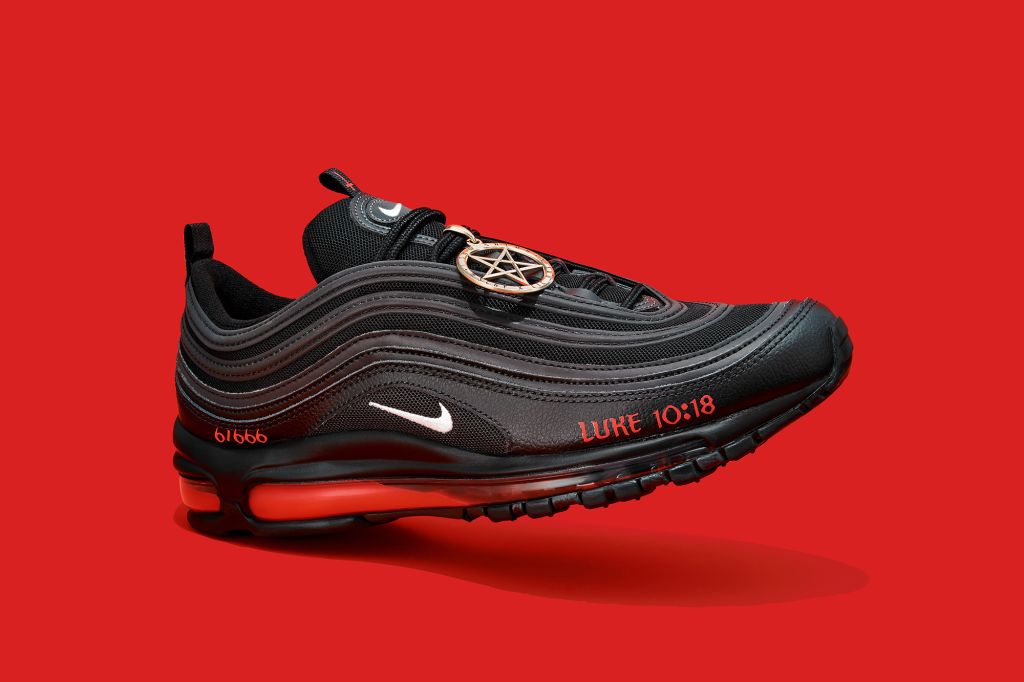Sports marketing is an exciting field that combines the worlds of sports and business. As a sports marketing coordinator, you play a crucial role in promoting and managing the marketing efforts for sports teams, organizations, or events. This career path requires a unique set of skills and knowledge to excel in the industry. In this article, we will delve into the key responsibilities, required skills, and steps to becoming a successful sports marketing coordinator. Whether you’re interested in working for a professional sports team or organizing major sporting events, this guide will provide you with valuable insights and tips to kickstart your career.
1. Understanding the Role of a Sports Marketing Coordinator
A sports marketing coordinator is responsible for developing and implementing marketing strategies to promote sports teams, events, or organizations. They work closely with various stakeholders such as athletes, sponsors, media outlets, and fans to create impactful marketing campaigns. This role requires a deep understanding of the sports industry, target audience demographics, and the ability to leverage marketing channels effectively.
2. Key Responsibilities of a Sports Marketing Coordinator
As a sports marketing coordinator, your responsibilities may vary depending on the specific organization or event you work for. However, some common tasks include:
- Developing and executing marketing plans to promote sports teams, events, or organizations.
- Conducting market research to identify target audiences and their preferences.
- Collaborating with internal teams and external partners to create engaging content and promotional materials.
- Managing social media accounts and online presence to engage with fans and build brand awareness.
- Coordinating advertising campaigns, including print, digital, and broadcast media.
- Organizing and executing events to enhance fan engagement and sponsorships.
- Analyzing marketing data and metrics to measure the effectiveness of campaigns and make data-driven decisions.
3. Essential Skills for Success
To excel as a sports marketing coordinator, you need a diverse skill set that combines both marketing expertise and a passion for sports. Here are some essential skills to develop:
- Marketing and Branding: A solid foundation in marketing principles, including market research, campaign planning, and brand management, is crucial for success in this role.
- Communication: Strong written and verbal communication skills are essential for effectively conveying marketing messages, negotiating partnerships, and collaborating with various stakeholders.
- Digital Marketing: In today’s digital age, having knowledge of social media marketing, content creation, and digital advertising is essential for reaching and engaging with fans.
- Creativity: The ability to think outside the box and come up with innovative marketing strategies is highly valued in the sports industry, where competition for attention is fierce.
- Analytical Skills: Being able to analyze data and metrics to measure the success of marketing campaigns and make data-driven decisions is vital for continuous improvement.
4. Education and Training
While there is no specific degree required to become a sports marketing coordinator, having a solid educational background in marketing, sports management, or a related field can give you a competitive edge. Many universities and colleges offer programs specifically tailored to sports marketing. For example, New York University (NYU) offers a Fundamentals of Global Sports Management course through its Tisch School of the Arts. Additionally, online courses like those offered by Yellowbrick can provide valuable insights and industry-relevant knowledge.
5. Gaining Experience and Building Networks
To stand out in the competitive sports marketing industry, gaining practical experience and building a strong professional network is essential. Consider internships or entry-level positions with sports teams, marketing agencies, or event management companies. Volunteering at sporting events or joining sports-related clubs and organizations can also provide valuable opportunities to connect with industry professionals.
6. Career Opportunities and Advancement
A career as a sports marketing coordinator can open doors to various exciting opportunities within the sports industry. Depending on your interests and expertise, you could progress to roles such as sports marketing manager, sponsorship coordinator, event manager, or even work with professional athletes as their personal brand manager. Continuous learning, staying updated with industry trends, and networking are key to advancing your career in this dynamic field.
Conclusion
A career as a sports marketing coordinator offers a unique blend of marketing and sports. By understanding the role, developing essential skills, gaining relevant education and experience, and building a strong network, you can pave the way for a successful career in sports marketing. Embrace the challenges and opportunities in this ever-evolving industry, and you’ll be well on your way to making a lasting impact in the world of sports marketing.
Key Takeaways:
- Sports marketing coordinators play a crucial role in promoting and managing the marketing efforts for sports teams, organizations, or events.
- Understanding the sports industry, target audience demographics, and effective marketing strategies are essential for success in this role.
- Key responsibilities include developing marketing plans, conducting market research, collaborating with stakeholders, managing social media, coordinating advertising campaigns, and analyzing data.
- Essential skills for sports marketing coordinators include marketing and branding knowledge, strong communication skills, digital marketing expertise, creativity, and analytical abilities.
- While a specific degree is not required, a solid educational background in marketing or sports management can be beneficial.
- Gaining practical experience through internships, entry-level positions, volunteering, and networking is important for standing out in the industry.
- Career opportunities can lead to roles such as sports marketing manager, sponsorship coordinator, event manager, or personal brand manager for athletes.
- Continuous learning, staying updated with industry trends, and networking are crucial for advancing in the dynamic field of sports marketing.
To further enhance your knowledge and skills in sports marketing, consider taking the “NYU Fundamentals of Global Sports Management” online course and certificate program offered by Yellowbrick. This comprehensive course will provide you with valuable insights and industry-relevant knowledge to excel in your career as a sports marketing coordinator.




